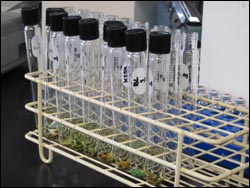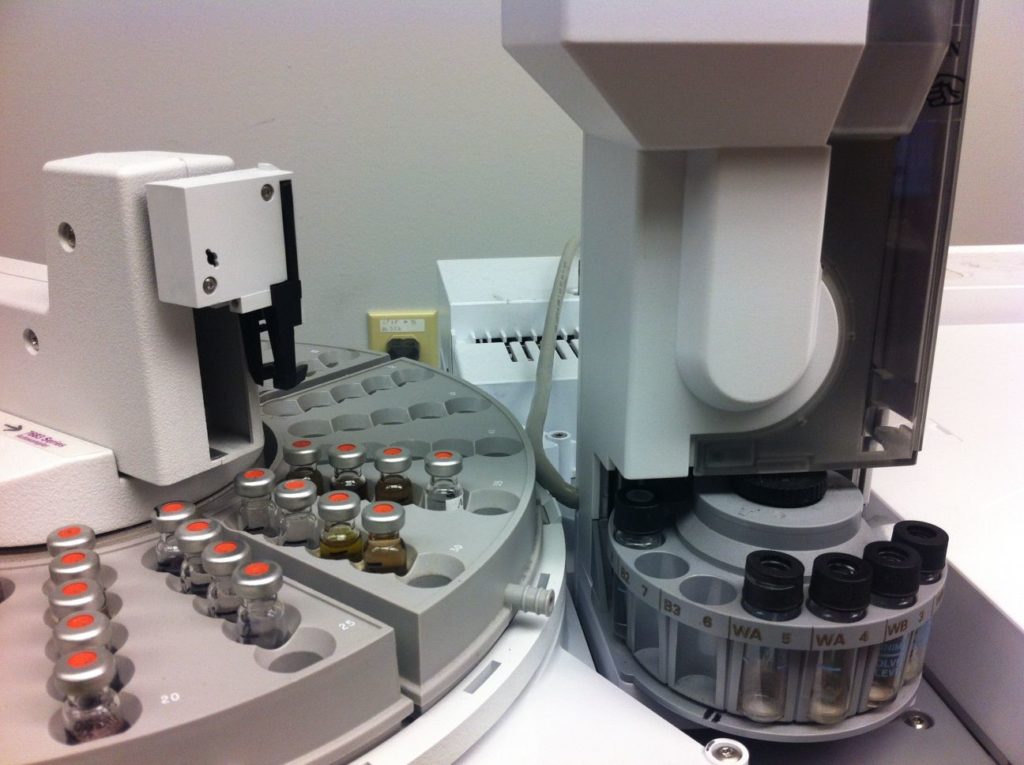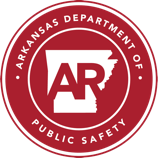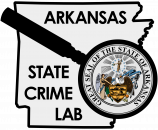The Forensic Chemistry Section is composed of forensic chemists containing a formal education equivalent to a bachelor’s degree in chemistry and three years experience in a chemical laboratory.
Evidence Received

The Forensic Chemistry Section receives evidence for analysis of suspected controlled substances. This refers to drugs and/or chemicals placed on the Controlled Substances Act under federal law and the Controlled Substances List under Arkansas Code, Chapter 64.
Evidence may be in the form of powders, capsules, tablets, vegetable matter and paraphernalia, as well as any solid, liquid, or vapor that could contain a chemical to be identified. On average the forensic chemistry section receives approximately 20,000 cases per year.
Illicit Laboratories
Any Arkansas law enforcement agency may request the assistance of the Forensic Chemistry section in dealing with any crime scene investigation involving chemicals that are suspected of being used to manufacture a controlled substance. When responding to a crime scene involving evidence associated with the manufacture of a controlled substance and assistance is needed, please call Terra Lucas (501) 510-7166. We can assist by phone or, if necessary, can respond to the crime scene to assist in the investigation.
Testing Techniques

Techniques used in the forensic chemistry section include Thin-Layer Chromatography (TLC), Gas Chromatography (GC), Fourier Transform Infrared Spectroscopy (FTIR), and Gas Chromatography-Mass Spectroscopy (GC-MS) to qualitatively analyze the samples.
The chemist summarizes their analytical findings in a written report for each case. The evidence is then available for the submitting law enforcement agency to pick up.
Court Testimony
The forensic chemist may testify in municipal, circuit, and federal court as needed regarding the laboratory results.


